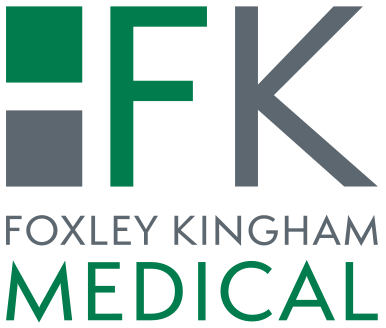A scheme designed to increase the number of partners in GP practices may have significant financial and tax implications for both the GPs and their practices.
The NHS New to Partnership Payment Scheme is one of a range of measures designed to help address the lack of partners working in primary care. The number of full-time GP partners in England fell by 3,636 in the last four years.
The scheme will give GPs an incentive of up to £20,000 if they become a partner in a practice. It also offers a further 20 per cent contribution to tax and National Insurance payments, and up to £3,000 for training in non-clinical partnership skills.
However, the scheme raises a range of issues, as Darren Fletcher, Director at FK Medical outlines, “There are a number of pitfalls that GPs and practices must be aware of. For example, any money from the scheme goes directly to the practice which then has an obligation to pass this on to the partner; the payment cannot be made directly to the GP. And the practice will have to pay some of the £20,000 back if the partner’s circumstances change”
He explains, “This is ‘clawback’. If a GP leaves the partnership after less than five years, they have to pay back 20 per cent for each year up to the five-year period. And this could become a real headache for practices, especially if the GP left under bad terms. These kinds of issues can cause all sorts of administrative difficulties, not least that that all partnership agreements must be updated to ensure the practice complies with the scheme.”
There are also about complications arising from the GP changing their hours, as Zeeshan Hussain, a Director at FK Medical explains, “The £20,000 is only for full time partners. If a recipient is working part time, they only get a proportion of the sum. And if they wish to change their hours, it will fall to the practice to change the payments and possibly claw back some of the money.”
The arrangements for part time working also mean that the partner and practice will have to carefully monitor all working hours to ensure that they do not drop below the below the 37.5 weekly hours required for the full-time payment.
Tax implications also loom large from the GPs point of view as the promise of £20,000 may not be as simple as it seems. Zeeshan continues, “GPs who are considering applying for the incentive must also work out if this will push them over a key tax threshold and what that will mean for their take home pay.
“For example, if the incentive pushed the partner’s income over the £100,000 mark, they would see their tax-free allowance cut and they may become ineligible for other benefits such as the tax-free childcare scheme.”
For more information on the NHS New to Partnership Payment Scheme, or any aspects of practice and GP finance, please contact us at FK Medical.
Full guidance has been provided in NHS England New to Partnership Payment Scheme Guidance for 2020/21 document.


